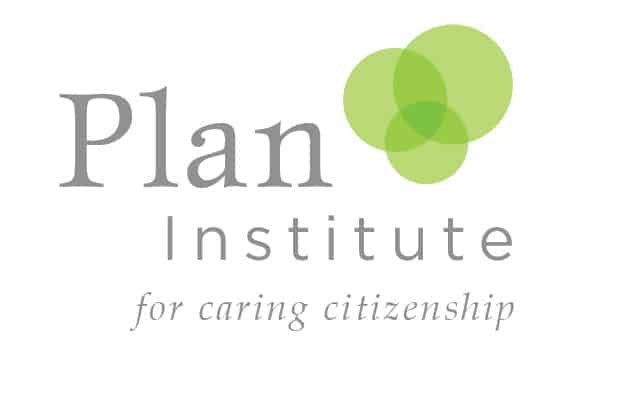By Tom O’Dwyer, Ability Tax and Trust
These are turbulent and uncertain times. While the government is taking both monetary and fiscal measures to stimulate the Canadian economy, no one can predict the impact these measures will have (if any). More than ever, it is important to file your 2019 income tax return and make sure you are claiming all benefits and credits you are eligible for—whether these are direct credits or transfer credits from family members. On May 15th, it was announced that the tax filing deadline was extended from April 30 to June 1, 2020, due to challenges presented by the COVID-19 pandemic. Here are some things to take into consideration while doing your taxes this year:
Canada Revenue Agency Administration Changes
You will notice the 2019 T1 personal income tax return has been redesigned. Schedule 1 has been eliminated and the line numbers are now four and five digits. In addition, the CRA has made improvements to its taxpayer services which include a ‘Processing Times Tool’ on its website, a dedicated telephone service for tax professionals, a chatbot to answer taxpayer queries, and the processing of income tax payments through PayPal.
Highlight of 2019 Benefit and Credit Changes
The Working Income Tax Benefit (WITB) has changed to the Canada Workers Benefit (CWB). The CWB is a refundable tax credit for low income employed individuals—there is a supplement available to the CWB for eligible individuals that are approved for the disability tax credit.
Beginning for the 2019 tax year, low income workers in Ontario are eligible for the Low Income Individual and Families Tax (LIFT) non-refundable provincial credit that provides Ontario provincial tax relief for up to $1,700 for a couple.
Since the legalization of cannabis, for medical purposes, certain cannabis products will be considered eligible medical expenses for the medical expense tax credit.
Under the Home Buyers Plan, the maximum withdrawal amount from registered savings plan has increase from $25,000 to $35,000.
For the 2019 tax filing, Alberta residents now join residents in Saskatchewan, Manitoba, and Ontario eligible to claim the Climate Action Incentive refundable tax credit.
For Ontario residents, the new Childcare Access and Relief from Expenses (CARE) refundable provincial credit can be claimed on 2019 personal income tax returns. In simple terms, depending on family income, up to 75% of eligible child care expenses will be refundable.
As always, be prudent; first review family expenses in 2019 to see what may qualify for a credit prior to filing your personal income tax return. Do not worry too much if you forget to file for credits—you can file adjustments to claim credits for any of the last ten years.
Ability Tax and Trust Advisors
450 Southwest Marine Drive, 18th Floor,
Vancouver, British Columbia V5X 0C3
1500 Don Mills Road, Suite 400
Toronto, Ontario M3B 3K4
**Please note that all views and opinions expressed by contributors should be recognized as theirs alone, and do not necessarily reflect the official policies or position of Plan Institute**
